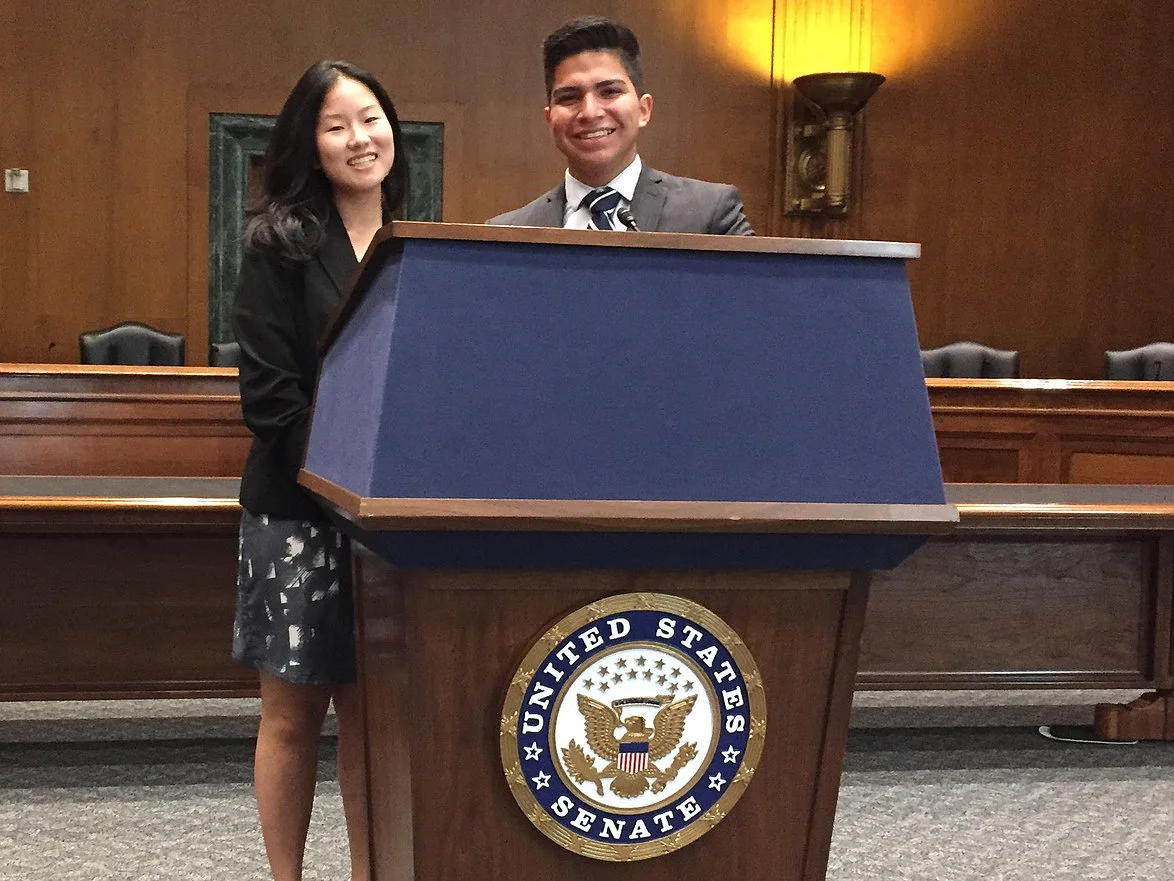“A zip code should not determine a child’s future.” This statement is printed on a number of HUD brochures and flyers and it particularly stood out to me because of the relevance it has in our current society.
This week, through our internship, we were able to attend the National Fair Housing Alliance Conference where we learned about ways in which housing authorities are ensuring fair housing and the importance the location of one’s household plays in every aspect of their life.
Through a number of presentations, we learned about the impact that the location of one’s home has on one’s access to transportation, good educational systems, and the environmental implications that may impact his or her health.
It is too often that people in minority communities get pushed to the outskirts of our cities where the schools are subpar, the water and air quality are dangerous, and the limited access to transportation creates barriers for mobility. Often times, minority communities become segregated and disenfranchised – fostering greater issues.
Rasheed Copeland, a slam poet recited a poem about these types of communities, especially referencing those that are now becoming gentrified. He questioned how after years of being neglected all of a sudden people became interested in these communities, saying, “Where were they when the green grass refused to grow here and the crack houses were our only pharmacies?”
He went on to mention the escalating prices in the housing market of these communities and said, “The cost of living has always been high here, most times it cost us our lives,” referencing how the neglecting of these communities had negative implications in the people living here for so long.
The conference also touched on the housing crisis of 2008. One of the biggest struggles for many communities of color was their fear of losing their home. During the conference it was brought up that prior to the consumer protection bureau all other government programs prevented big companies from failing, but these programs never focused on helping the people.
Nikitra Bailey, Executive Vice President for External Affairs at the Center for Responsible Learning said one of her biggest struggles working with the government is realizing that during the 2008 crisis, “The foreclosures were real and for those of us who were affected by the housing crisis there was not a second choice.”
In regards to enacting change in the aspects of government that we deem unfair she said, “It’s only when we don’t create the political will that we don’t get the hope and change we know we need.”
This made me realize that we can never become complacent with anything, we must continue fighting and pushing to ensure that things continue to get better.
Wade Henderson, President and CEO of The Leadership Conference on Civil Rights & Human Rights and the Leadership Conference Education Fund, went on to reiterate the importance of building the political will and ensuring one’s voice is heard by having a seat at the table. Henderson said, “If you are not in the room, you can’t possibly be at the table. If you are not at the table, you are on the menu.”
Through these lectures and panel discussions, I realized how civil rights violations are still very prevalent today in our society and we need to continue engaging people and offering them a place at the table to ensure that people are not making decisions without them in the room. We cannot pay attention to minority communities solely when their land has increased in value, we must amplify their voices and continue fighting for justice through all the work that we do.






